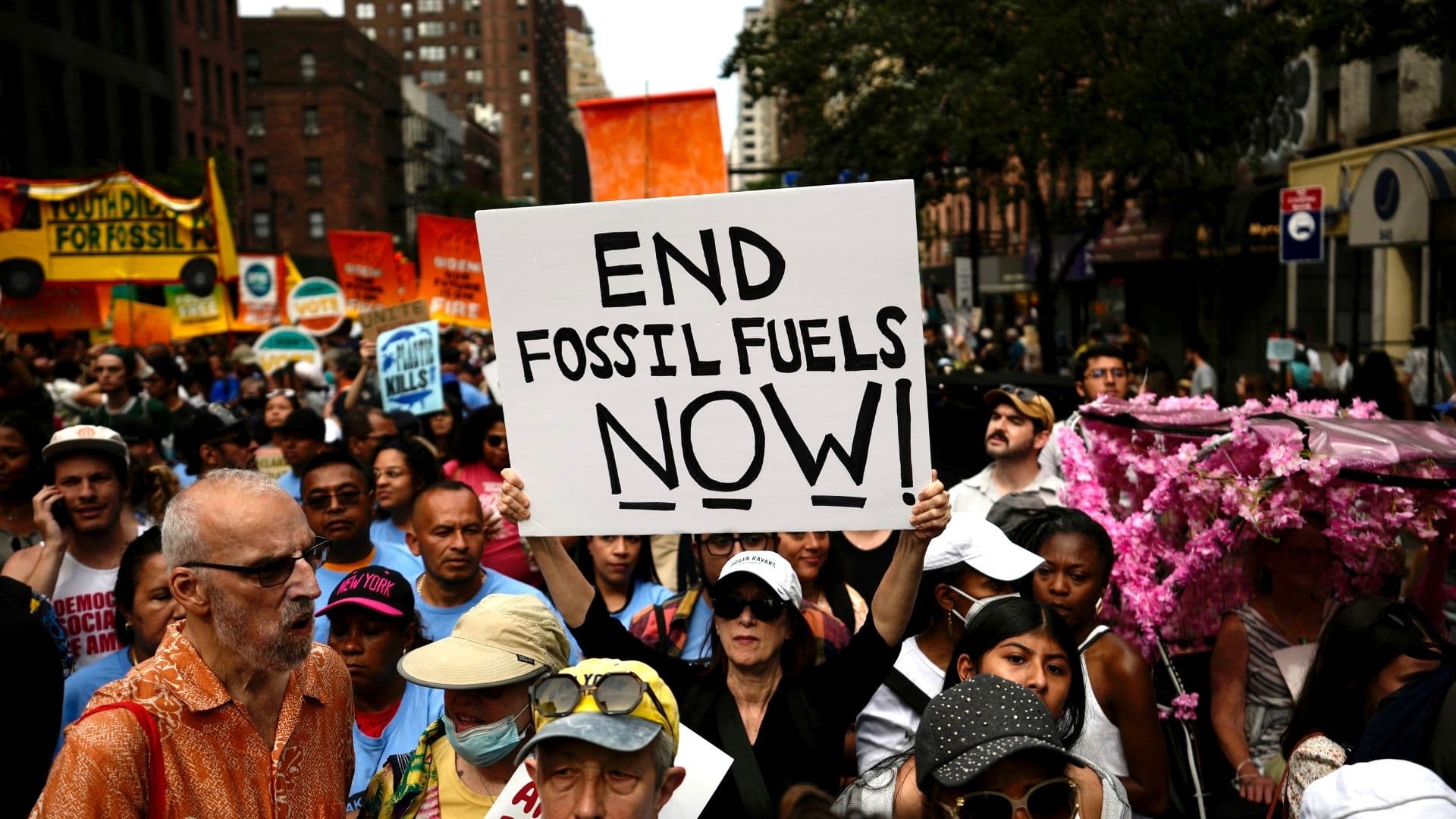COP30 Draft Drops Fossil Fuel Phase Out Language, Sparking Backlash
A draft agreement at COP30 in Belém omits earlier language calling for a global plan to transition away from fossil fuels, drawing sharp criticism from environmental groups and low income nations. The omission complicates investor and policy expectations while a separate call to triple adaptation finance by 2030 remains vague about who will pay.

A draft agreement released today at the COP30 climate summit in Belém, Brazil removes previously circulated language that would have called for a global plan to transition away from fossil fuels, a retreat that has disappointed campaigners and delegations from poorer countries. The two week conference, attended by nearly 200 governments, still retains a target to triple adaptation finance by 2030, but the text does not specify whether wealthy governments, multilateral development banks, or private sources will supply the additional funds.
The omission comes in the final hours of negotiations as delegates try to reach consensus on a final text. Low income nations and environmental groups argued during the summit that explicit fossil fuel phase out language was needed to align global policy with the goal of limiting warming to well below two degrees Celsius. Their disappointment underscores a continuing fault line at international climate talks between countries advocating rapid emissions reductions and states seeking to protect domestic fossil fuel interests.
Market participants and policymakers will read the draft as a signal about the pace of future regulation. Without a clear multilateral commitment to phase out fossil fuels, the immediate risk of abrupt policy shifts that would strand hydrocarbon assets is reduced. That could relieve some short term pressure on oil and gas equities and on capital flows into fossil fuel projects. At the same time, the absence of stronger language increases policy uncertainty for long term investors deciding between fossil fuel capacity and clean energy build out. Institutional investors have cited stable policy pathways as a determinant of where they direct capital in energy and infrastructure markets.
The draft places renewed emphasis on adaptation finance, calling for tripling flows by 2030. The lack of specification on funding sources is politically significant because developing countries argue that adaptation needs far exceed current cross border finance and that public grants are essential to close the gap. Negotiators from creditor nations and major development banks have resisted binding commitments on public financing, while private financiers point to limited commercial returns in adaptation projects.
The summit was also disrupted earlier this week by a fire at an exhibition pavilion that forced evacuations and led to a number of people being treated for smoke inhalation. Reuters reported footage showing flames spreading up internal fabric walls before the blaze was extinguished. The incident has added to concerns over logistics and safety at what has been a politically charged meeting.
Amid the diplomatic uncertainty, officials unveiled new climate intelligence tools including a Copernicus near real time extreme weather attribution system intended to support policymaking and legal accountability. Faster attribution of extreme events to human caused warming may sharpen debates over loss and damage funding and could influence litigation and insurance market dynamics as climate related claims become easier to link to greenhouse gas emissions.
As negotiators work to reconcile competing demands, the draft highlights an enduring challenge for the global climate effort, namely how to translate broad targets into enforceable commitments that align finance flows, market incentives, and the needs of vulnerable nations. Consensus remains the only path to a final text, and that path will determine whether COP30 becomes a stepping stone or a stalemate for climate policy.

